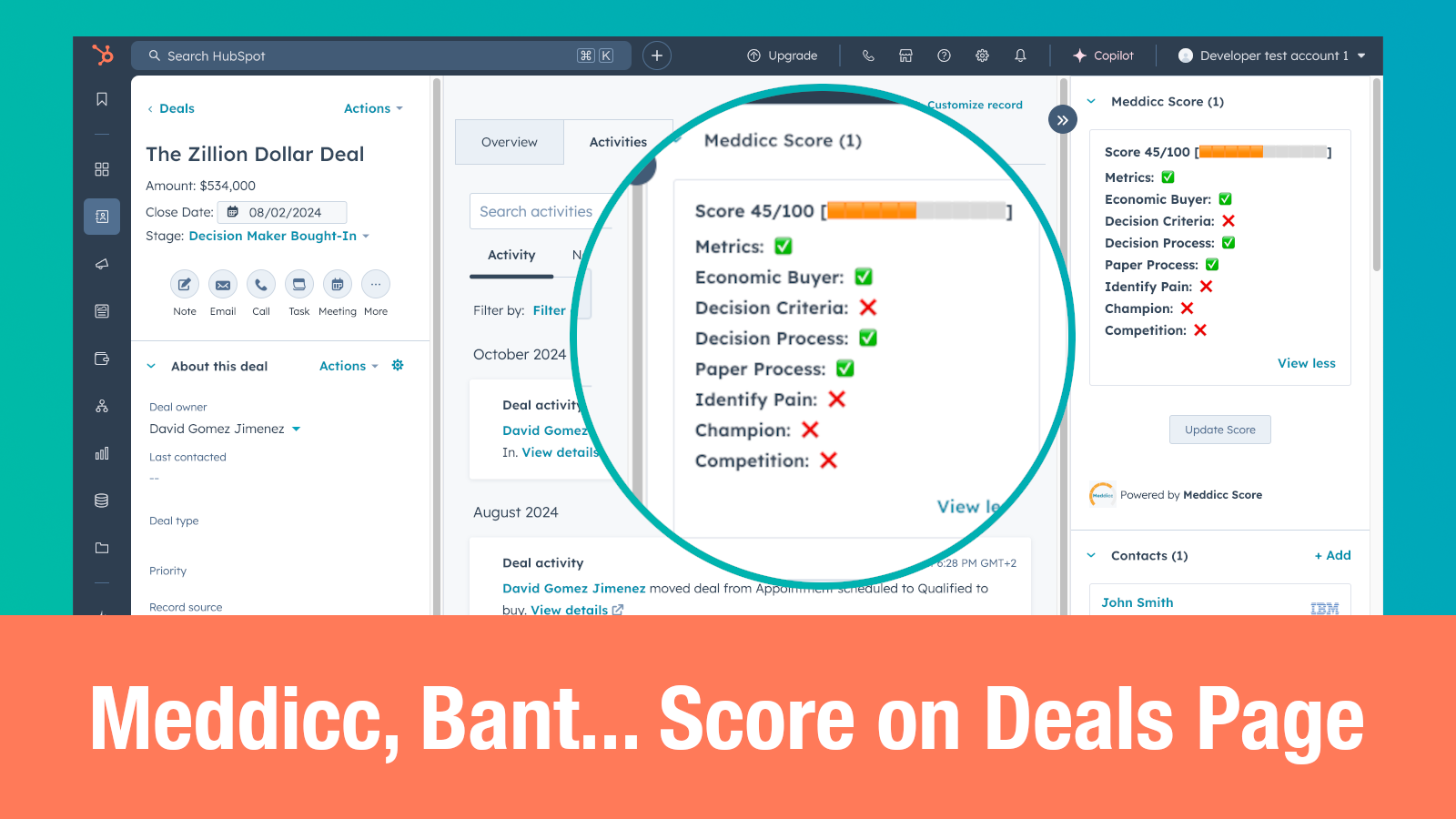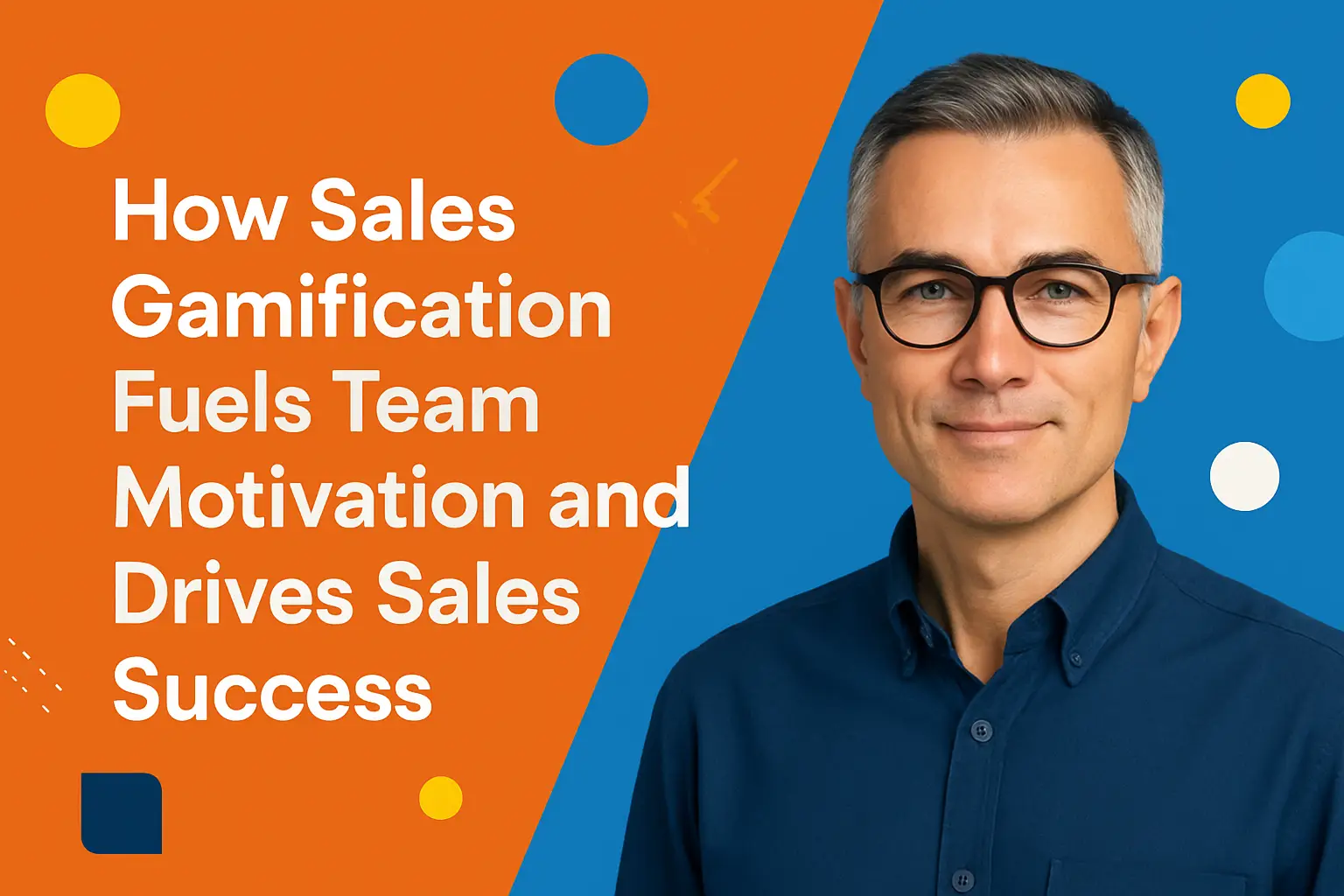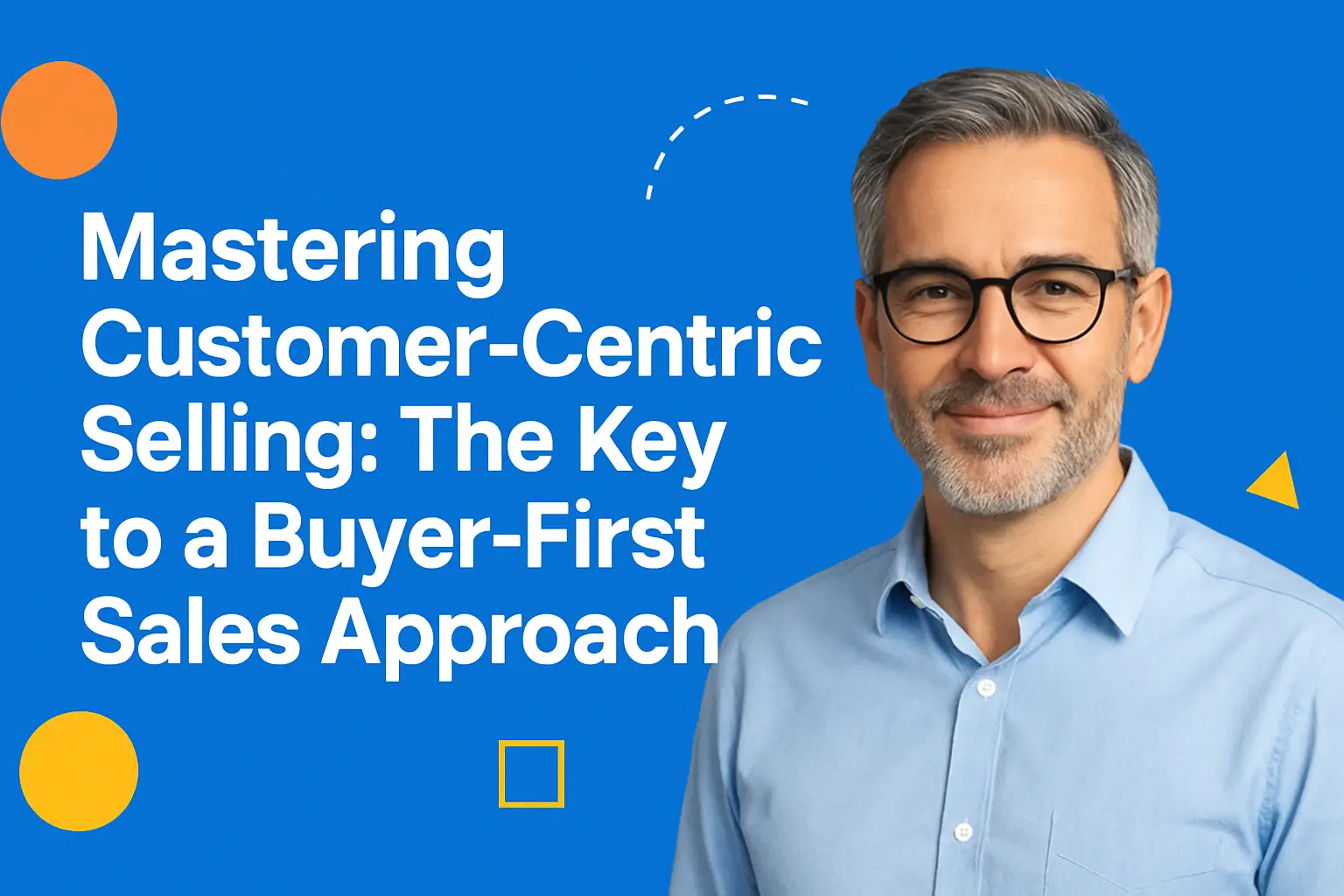SPICED vs. MEDDICC: Which Sales Framework Fits Your Team’s Needs?
In today’s competitive environment, choosing the right sales framework can make—or break—your sales team’s success. Two of the most talked-about options are SPICED and MEDDICC. This sales frameworks comparison will help you understand their strengths, differences, and which is better suited for your organization.
What Are Sales Frameworks and Why Do They Matter?
Sales frameworks are structured approaches that guide teams through complex B2B sales processes. They help sales reps qualify prospects, focus on high-value opportunities, and ultimately improve win rates. Picking the right framework increases efficiency and consistency, leading to predictable results.
What is MEDDICC?
MEDDICC is an acronym that stands for:
- Metrics: Quantifiable measures of success
- Economic Buyer: The person with final purchasing authority
- Decision Criteria: Factors that drive the buyer’s decision
- Decision Process: Steps and stakeholders involved
- Identify Pain: The customer’s core business problem
- Champion: Internal advocate for your solution
- Competition: Understanding the competitive landscape
MEDDICC is known for its rigorous qualification process, making it ideal for complex enterprise sales.
What is SPICED?
SPICED stands for:
- Situation: The customer’s current context
- Pain: Problems or challenges being faced
- Impact: Negative effects of the problem
- Critical Event: Key deadlines or compelling events
- Explicit Need: What the customer needs explicitly
- Decision: Who gets involved in decisions, and how
SPICED focuses on uncovering customer challenges and needs, making it a flexible, consultative framework popular with modern SaaS and solution-based sellers.
SPICED vs. MEDDICC: Key Differences
Here’s a side-by-side sales frameworks comparison:
| Feature | SPICED | MEDDICC |
|---|---|---|
| Focus | Customer needs & pain | Qualification & control |
| Ideal Use | SaaS, consultative selling | Complex enterprise deals |
| Decision Criteria | Less structured | Highly structured |
| Champions | Not explicitly defined | Clear champion identification |
| Metrics-Driven | Medium | Very high |
| Flexibility | High | Moderate |
When to Choose MEDDICC
- You sell high-value, enterprise deals
- Qualification is your top priority
- Sales cycles involve multiple decision-makers and complex buying processes
- Data-driven forecasting is crucial
Best For: Tech, IT, or infrastructure sales teams tackling major accounts.
When to Choose SPICED
- You prioritize understanding the customer’s situation and needs
- Selling is more consultative and less transactional
- Cycles are mid-length (not extremely long)
- You want a lightweight, customer-centric approach
Best For: SaaS, software, marketing or solution-selling teams.
Which Sales Framework Is Right for Your Team?
Both SPICED and MEDDICC can deliver significant benefits, but the right choice depends on your typical deal complexity, sales process, and company culture. Consider these questions:
- How complex are your deals—and decision processes?
- Does your team value structure or flexibility more?
- Is your market rapidly changing, making consultative approaches vital?
Conclusion
For sales leaders seeking the best sales frameworks comparison, remember: MEDDICC offers rigorous deal control for complex sales, while SPICED empowers reps to connect with customers and align solutions to needs. Evaluate your team’s challenges and priorities—then choose the framework that accelerates your path to sales success.
Ready to empower your sales team? Assess your sales process today and decide: Is it SPICED, MEDDICC, or a blend that fits your future growth?




